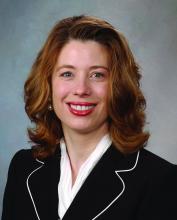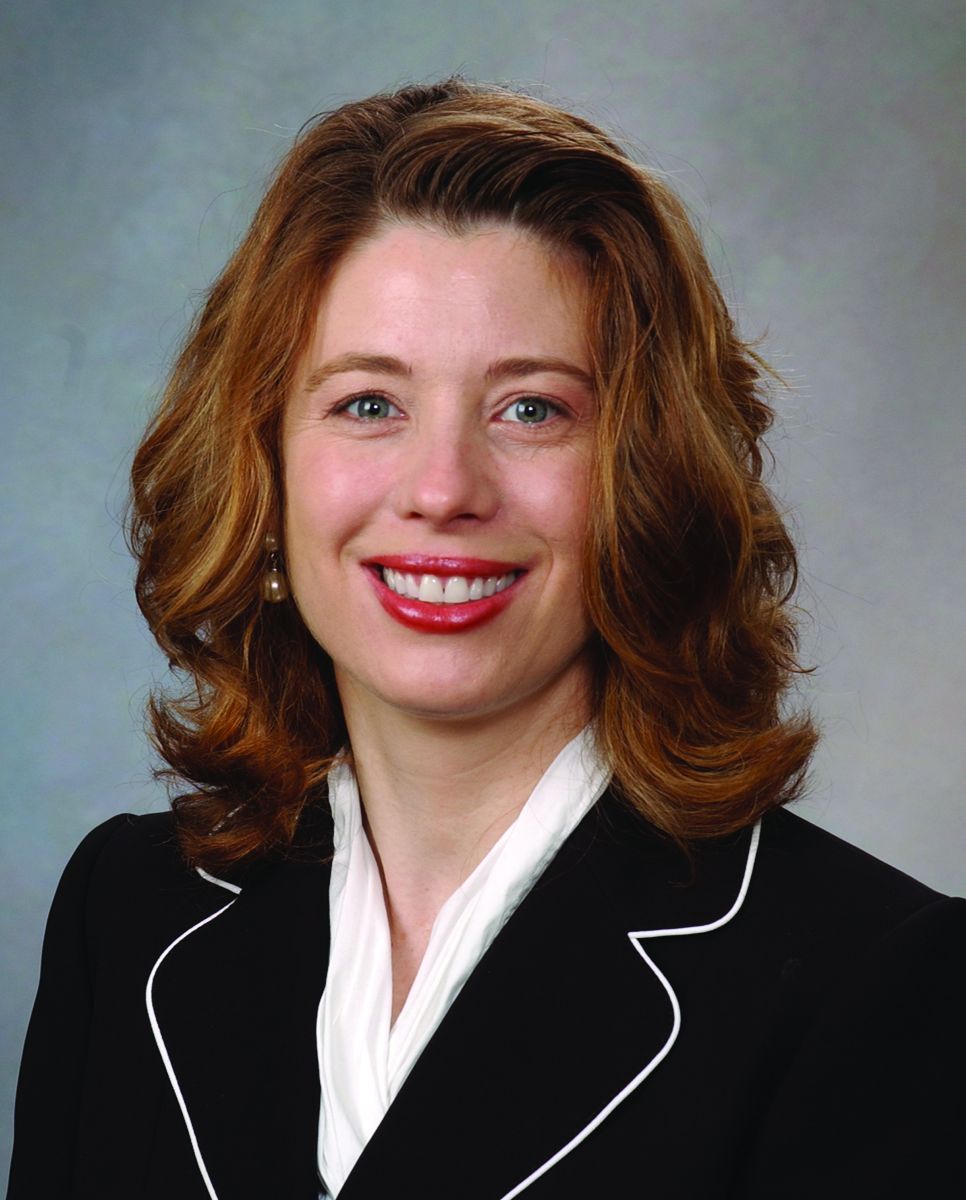User login
Gastroenterologists will now have a separate billing code for the use of moderate sedation services under provisions finalized in the 2017 update to the physician fee schedule.
The change comes as a result of billing trends, with the Centers for Medicare & Medicaid Services noting in a statement announcing the final PFS update that anesthesia is “increasingly being separately reported for [certain endoscopic] procedures even though payment for sedation was built-in to the payment to the physician furnishing the primary procedure.”
As such, the agency finalized new billing codes for moderate sedation, along with a uniform methodology for valuating procedure codes that currently include moderate sedation as an inherent part of the procedure. Additionally, CMS finalized a separate endoscopy-specific moderate sedation code with valuations that reflect the differences in physician survey data between gastroenterology and other specialties.
She acknowledged CMS’ goal of valuating moderate sedation was that, when it was used, “it could be billed with that service, but when it was not used it would not be reimbursed. This meant that, for gastroenterology procedures, there would be a reduction in the physician fee when billed with anesthesia services.” The three societies’ main goal was to be sure that “the valuation of moderate sedation services was accurate in the setting of GI procedures.”
Dr. Francis said that the change is not expected to have any meaningful impact on the performance of GI procedures regarding the location of where procedures are performed or the type of sedation that is used.
Gastroenterologists will now have a separate billing code for the use of moderate sedation services under provisions finalized in the 2017 update to the physician fee schedule.
The change comes as a result of billing trends, with the Centers for Medicare & Medicaid Services noting in a statement announcing the final PFS update that anesthesia is “increasingly being separately reported for [certain endoscopic] procedures even though payment for sedation was built-in to the payment to the physician furnishing the primary procedure.”
As such, the agency finalized new billing codes for moderate sedation, along with a uniform methodology for valuating procedure codes that currently include moderate sedation as an inherent part of the procedure. Additionally, CMS finalized a separate endoscopy-specific moderate sedation code with valuations that reflect the differences in physician survey data between gastroenterology and other specialties.
She acknowledged CMS’ goal of valuating moderate sedation was that, when it was used, “it could be billed with that service, but when it was not used it would not be reimbursed. This meant that, for gastroenterology procedures, there would be a reduction in the physician fee when billed with anesthesia services.” The three societies’ main goal was to be sure that “the valuation of moderate sedation services was accurate in the setting of GI procedures.”
Dr. Francis said that the change is not expected to have any meaningful impact on the performance of GI procedures regarding the location of where procedures are performed or the type of sedation that is used.
Gastroenterologists will now have a separate billing code for the use of moderate sedation services under provisions finalized in the 2017 update to the physician fee schedule.
The change comes as a result of billing trends, with the Centers for Medicare & Medicaid Services noting in a statement announcing the final PFS update that anesthesia is “increasingly being separately reported for [certain endoscopic] procedures even though payment for sedation was built-in to the payment to the physician furnishing the primary procedure.”
As such, the agency finalized new billing codes for moderate sedation, along with a uniform methodology for valuating procedure codes that currently include moderate sedation as an inherent part of the procedure. Additionally, CMS finalized a separate endoscopy-specific moderate sedation code with valuations that reflect the differences in physician survey data between gastroenterology and other specialties.
She acknowledged CMS’ goal of valuating moderate sedation was that, when it was used, “it could be billed with that service, but when it was not used it would not be reimbursed. This meant that, for gastroenterology procedures, there would be a reduction in the physician fee when billed with anesthesia services.” The three societies’ main goal was to be sure that “the valuation of moderate sedation services was accurate in the setting of GI procedures.”
Dr. Francis said that the change is not expected to have any meaningful impact on the performance of GI procedures regarding the location of where procedures are performed or the type of sedation that is used.

